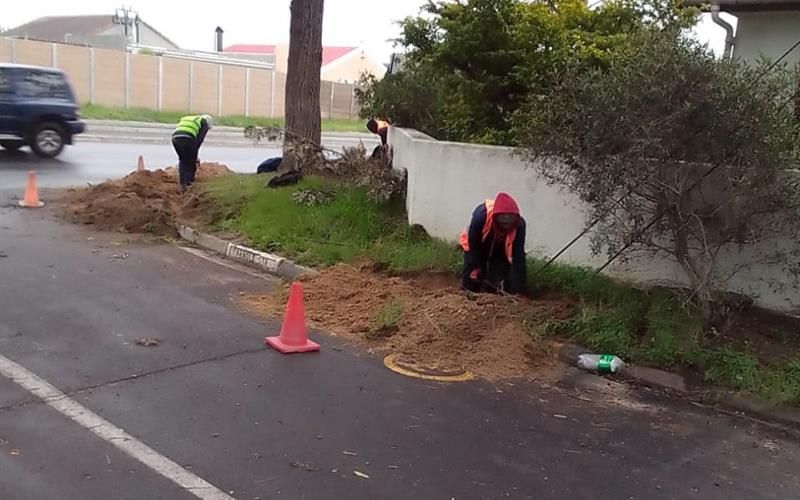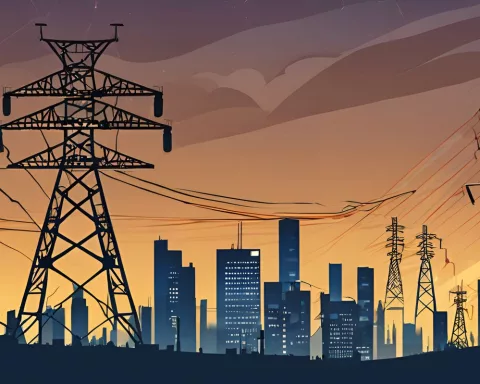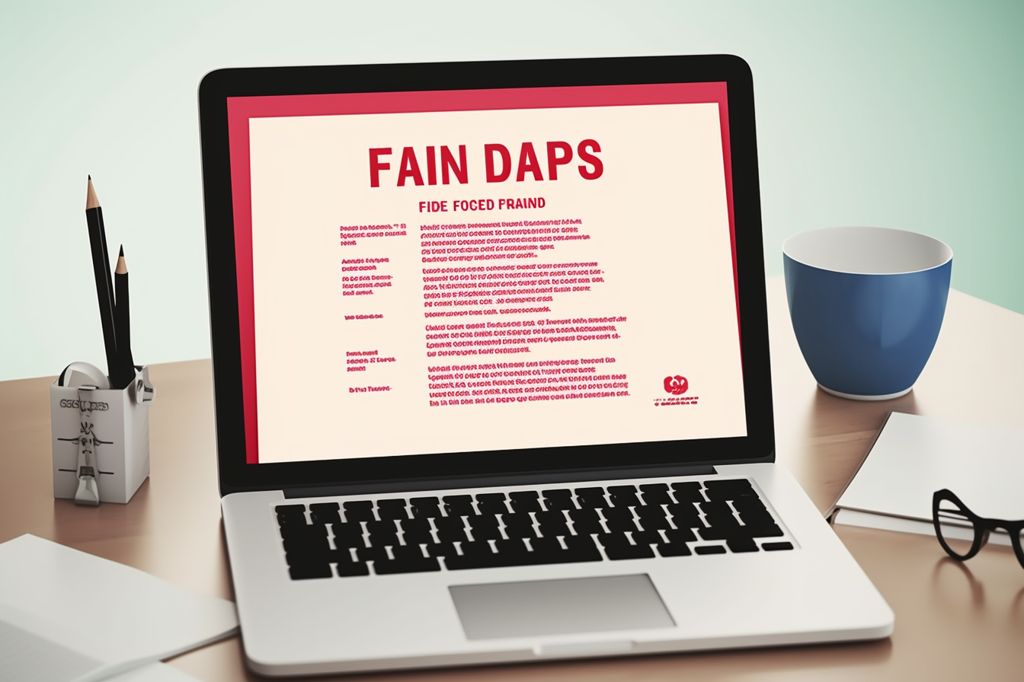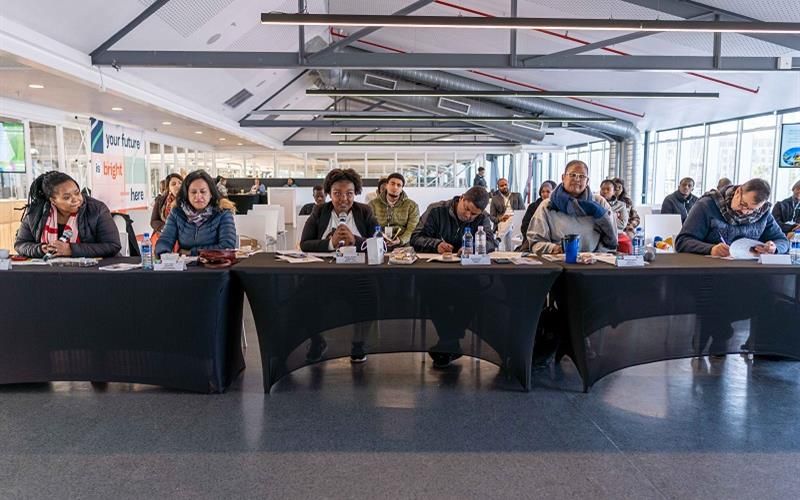Metropolitan areas experience a considerable upsurge in electricity service requests due to the effects of storms and recurrent load-shedding on infrastructure. The challenges faced by city teams attempting to restore power throughout urban centers are further magnified by theft and vandalism, which exacerbate the damage caused by weather conditions.
Common Outages
Various parts of the city, including Ravensmead, Crawford, Manenberg, Cape Town City Centre, Gardens, Rondebosch, Wynberg, Mitchells Plain, Lotus River, Mfuleni, Bloemhof, Parow Valley, and Windsor Park, frequently suffer unplanned outages. Restoring power to these areas is a top priority for city teams, but the extent of damage makes it challenging to provide an exact timeline for restoration.
Correct Channels to Report Outages
Councillor Beverley van Reenen, Mayoral Committee Member for Energy, emphasizes the importance of using the correct service channels to report outages and avoid logging multiple requests. Duplication may delay the restoration process, so residents can report outages via SMS, email, or the City’s Fault Reporting Centre.
Tree Trimming and Maintenance
To mitigate power outages caused by trees encroaching onto power lines and electrical infrastructure, the City allocates resources to trimming trees and vegetation on its property. Property owners are also urged to maintain their trees and vegetation responsibly. However, when stormy weather causes branches to grow over and into overhead power lines, professional assistance is recommended for safety reasons.
Residents who are concerned about trees on City property posing a risk to overhead power lines should report the issue to the City’s Fault Reporting Centre. For information on new load-shedding trends impacting neighborhoods, the City’s website provides valuable resources.
Proper Channels for Service Requests
To log service requests, residents are encouraged to use only one channel and avoid submitting the same request multiple times. The available avenues for lodging service requests are the Call Centre, SMS, Email, and e-Services.
- Call Centre: 0860 103 089
- SMS: 31220 (Please note that the free SMS service does not apply)
- Email: power@capetown.gov.za
- e-Services: www.capetown.gov.za/servicerequests
In summary, storms and load-shedding have led to an increased demand for electricity services, making it challenging for city teams to promptly restore power. Therefore, it is essential for residents to use proper channels when reporting outages and take necessary precautions to maintain their property, preventing further damage to the electrical infrastructure.












